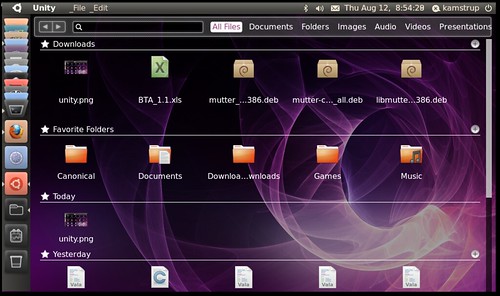Unity Bosses Sold Stock Ahead Of Scummy Dev Fees Announcement
Unity #Unity

Yesterday, the cross-platform game engine company Unity announced a controversial new Runtime Fee, which would charge developers per installation for games built with the Unity engine after those games reached a certain threshold. Everyone disliked that, and Unity’s stock prices took a pretty significant dip shortly after its contentious announcement. It’s since been reported that several Unity executives sold thousands of shares of the company’s stock in recent weeks.
According to Guru Focus, Unity CEO John Riccitiello, one of the highest-paid bosses in gaming, sold 2,000 Unity shares on September 6, a week prior to its September 12 announcement. Guru Focus notes that this follows a trend, reporting that Riccitiello has sold a total of 50,610 shares this year, and purchased none.
Kotaku reached out to a Unity spokesperson for comment.
Read More: Devs React To Unity’s Newly Announced Fee For Game Installs: ‘Not To Be Trusted’
Riccitiello isn’t the only executive at Unity to sell a bunch of stock the week before the company’s Runtime Fee announcement. According to Unity’s market activity on the Nasdaq, several other Unity board members sold significant numbers of shares leading up to its “plan pricing and packaging updates.” Chief among them being Tomer Bar-Zeev, Unity’s president of growth, who sold 37,500 shares on September 1 for roughly $1,406,250, and board director Shlomo Dovrat, who sold 68,454 shares on August 30 for around $2,576,608.
The last time Riccitiello’s name was in the news in a prominent way was when he said mobile game developers who don’t utilize Unity’s suite of ad technology are “fucking idiots.” Riccitiello would later issue an apology saying, “I am listening and I will do better.”
Meanwhile, since yesterday multiple developers have declared their intention to stop using Unity as a result of these changes, citing the unpredictability and vagueness of the company’s intention to charge a per-installation fee after a certain number of sales. Cult of the Lamb developer Massive Monster has gone as far as to announce its intention to stop sales of that game come January 1, when the change is supposed to come in.